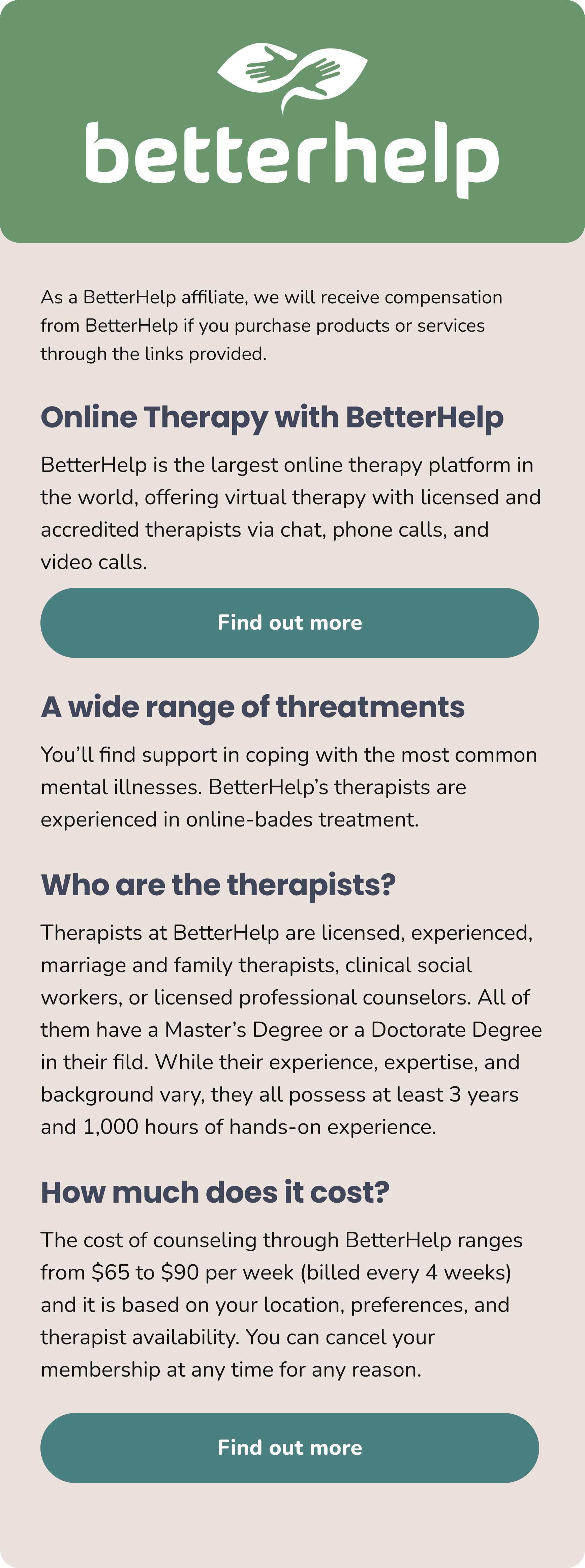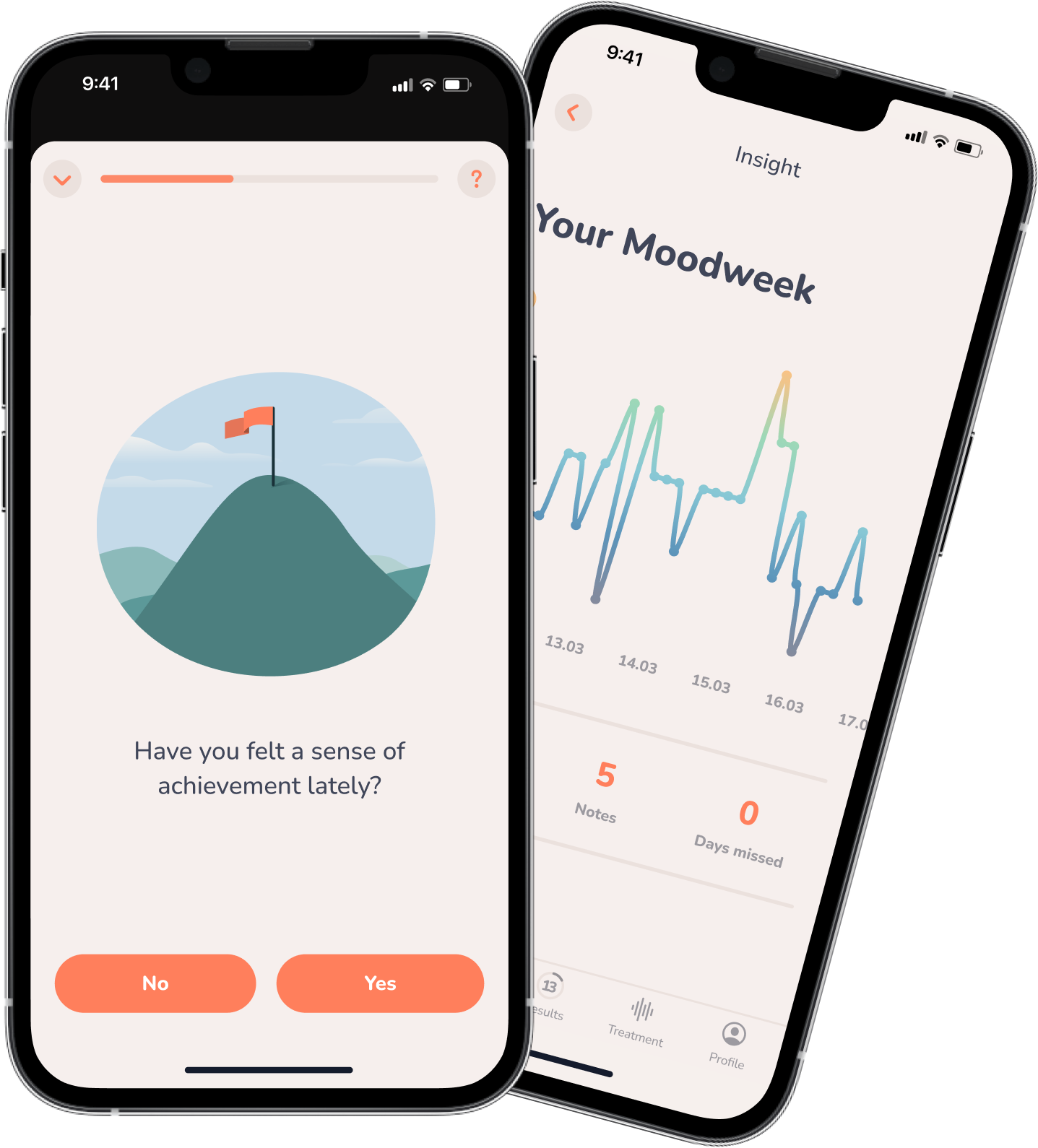Insight
Switching Off after Work
The end of the day, holidays, weekends, vacations: work-free time! At least in theory. In reality, however, it can be hard to turn the mind off from upcoming tasks, looming deadlines, conflicts with others, or any host of issues or problems related to work. So what can help?
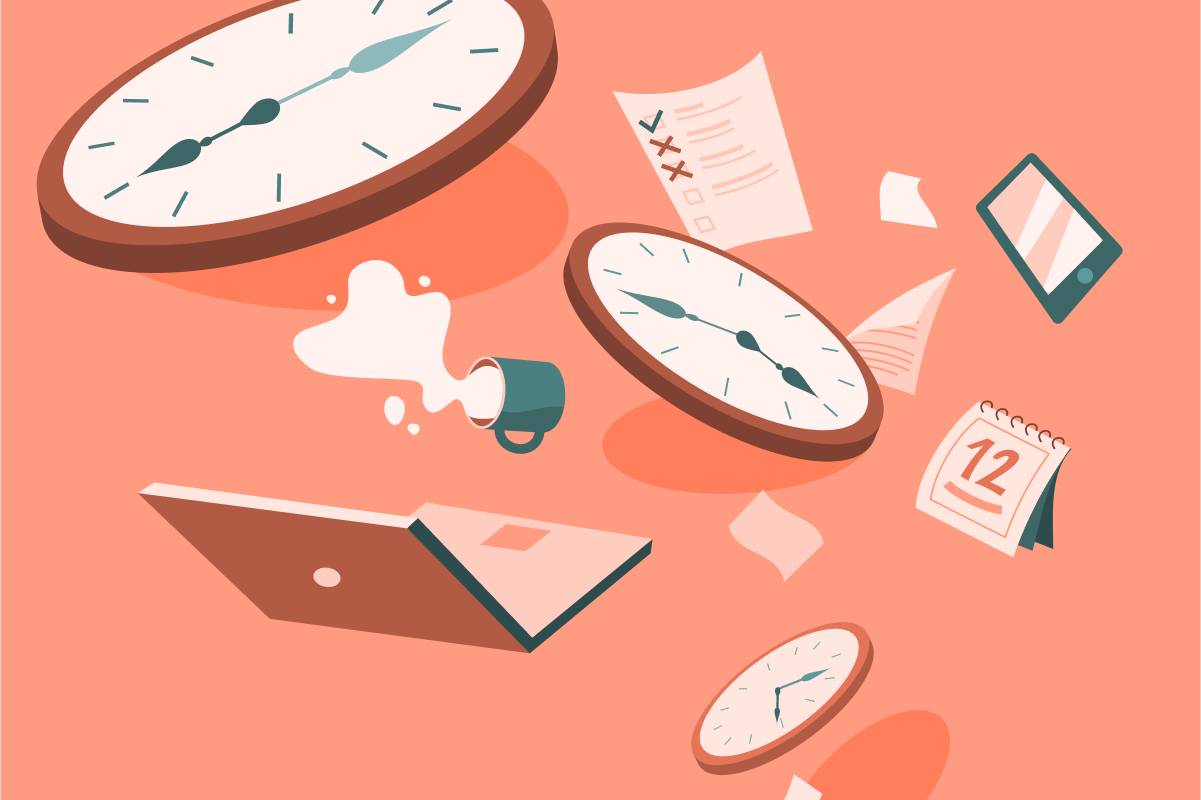
First ask yourself how often you find yourself thinking about work in off hours? If it’s occasionally, this is not really a cause for concern. But if thoughts of work are regularly keeping you from relaxing, or if you notice other warning signs related to stress at work, it might be time to take action.
Why Switching Off Is So Important
Every work situation is different, of course. One job may be physically demanding, another emotionally challenging, and still another intellectually taxing (to name a few). What they all have in common, though, is that they take your time and energy. Recharging requires regular rest as well as distance from work. Without this, you may experience a more or less permanent state of stress and, sooner or later, exhaustion.
Those who grow accustomed to little time away from work may even have difficulty switching off when there might be opportunities to do so. To help you get some time away and much needed rest, give these strategies a try:
1. Find your after-work ritual.
To let go of thoughts of work, develop an after-work ritual that signals the end of that day’s work and that it’s time to turn your attention elsewhere.
Try ending each day by writing out a short summary of what happened. Consider: What did you accomplish this day? Was there anything difficult?
Write out a to-do list for the next business day and email it to yourself with a promise that you won’t open the email until you’re ready to start work the next day. Once you hit “send” on the to-do list, get up and leave your work area.
2. Look for activities to take you away from work.
What activities can you do (or do you do) that make you think less about work? Consider doing things that are as opposite to your work as possible. So, if you work hard physically all day, climb into a warm bath with a book or read on the couch. If, on the other hand, you sit in front of a computer all day, go for a brisk walk or stream an exercise class.
3. Say “Stop!”
When you catch yourself thinking about work beyond work hours, tell yourself “Stop!” and direct your attention to the present moment. If you’re standing, focus on where you feel the pressure on the bottoms of your feet. What does this pressure feel like? Is it more in the balls of the feet? Sides? Heels? Slow your breath and pay attention to where you feel it coming in and going out. Take a few deep breaths, focusing on the sensations.
Remember: Most issues at work can be dealt with the following day. And once you’ve had a chance to rest and reset, you’ll have renewed energy to deal with whatever arises more efficiently and from a more clear-headed place.

People-Pleasing — When the Fear of Rejection Becomes a Trap
Are you a person who places a high value on kindness, consideration and helpfulness? Or … maybe you tend toward what’s called “people-pleasing”?
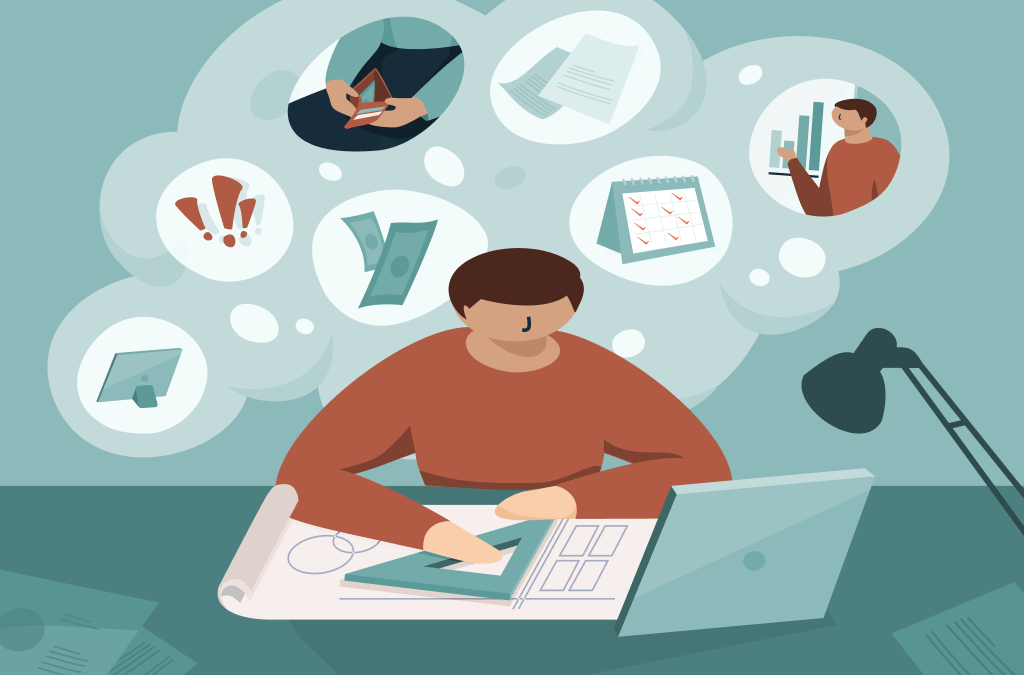
Psychological Needs in the Workplace: How to Meet Them
Deadlines, conflicts, pressure to perform—many people grapple with stressors at work. The extent to which these weigh on someone depends in large part on whether psychological needs are being met at work.
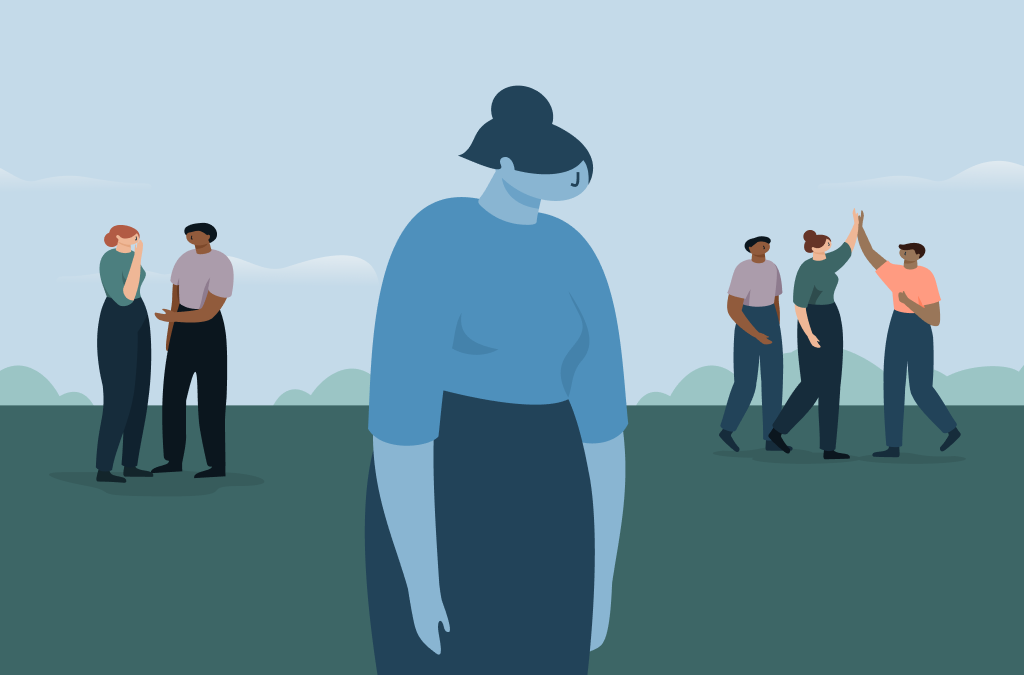
High-Functioning Depression: The Hidden Suffering
When people think of depression, usually intense sadness, low energy, social withdrawal, difficulty getting out of bed, and managing daily life come to mind. But this is not always the case.

Obsessive-Compulsive Disorder: When Thoughts and Actions Become Torture
In this article, we explore what characterizes such thoughts and behaviors as well as how they can be treated.
